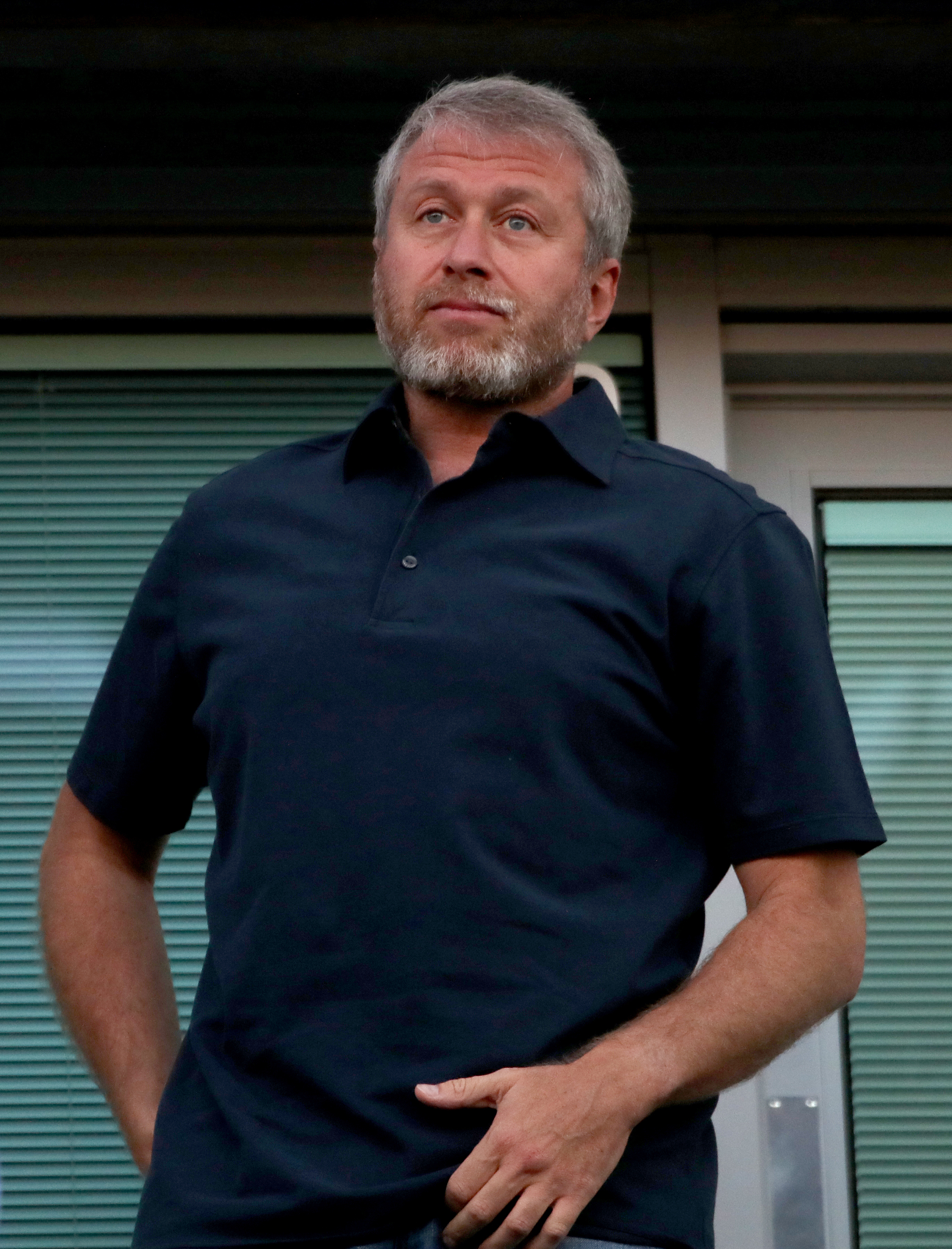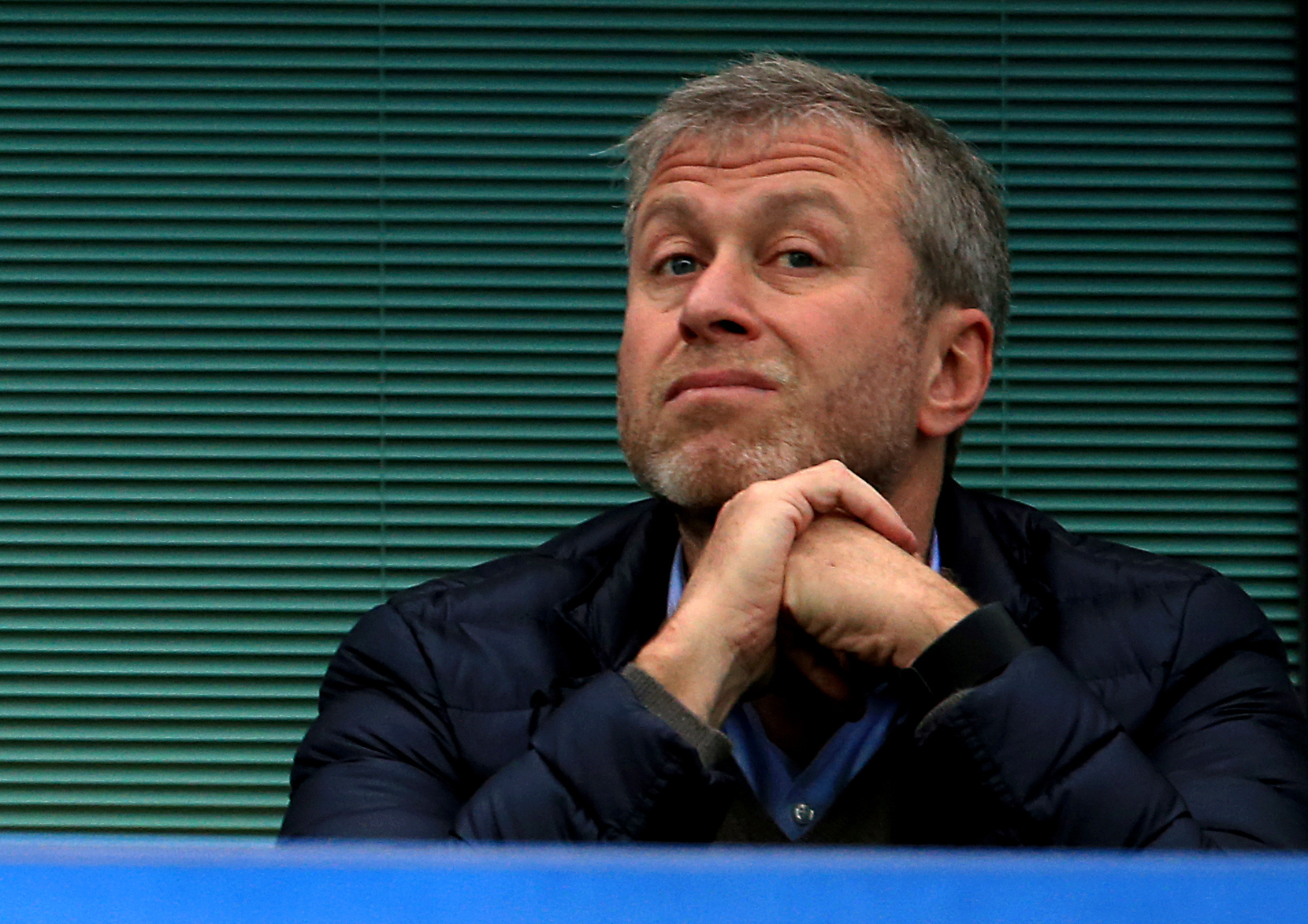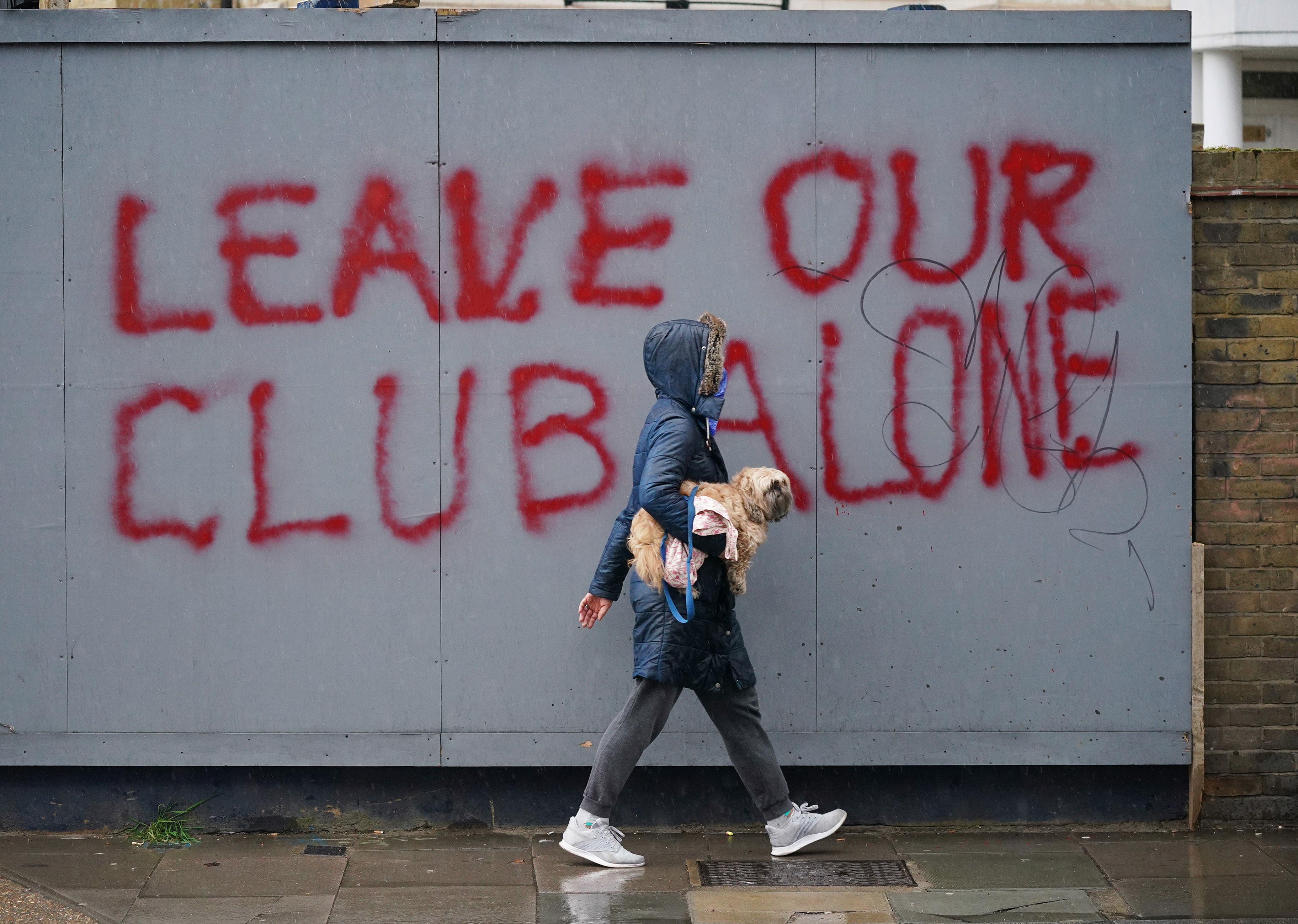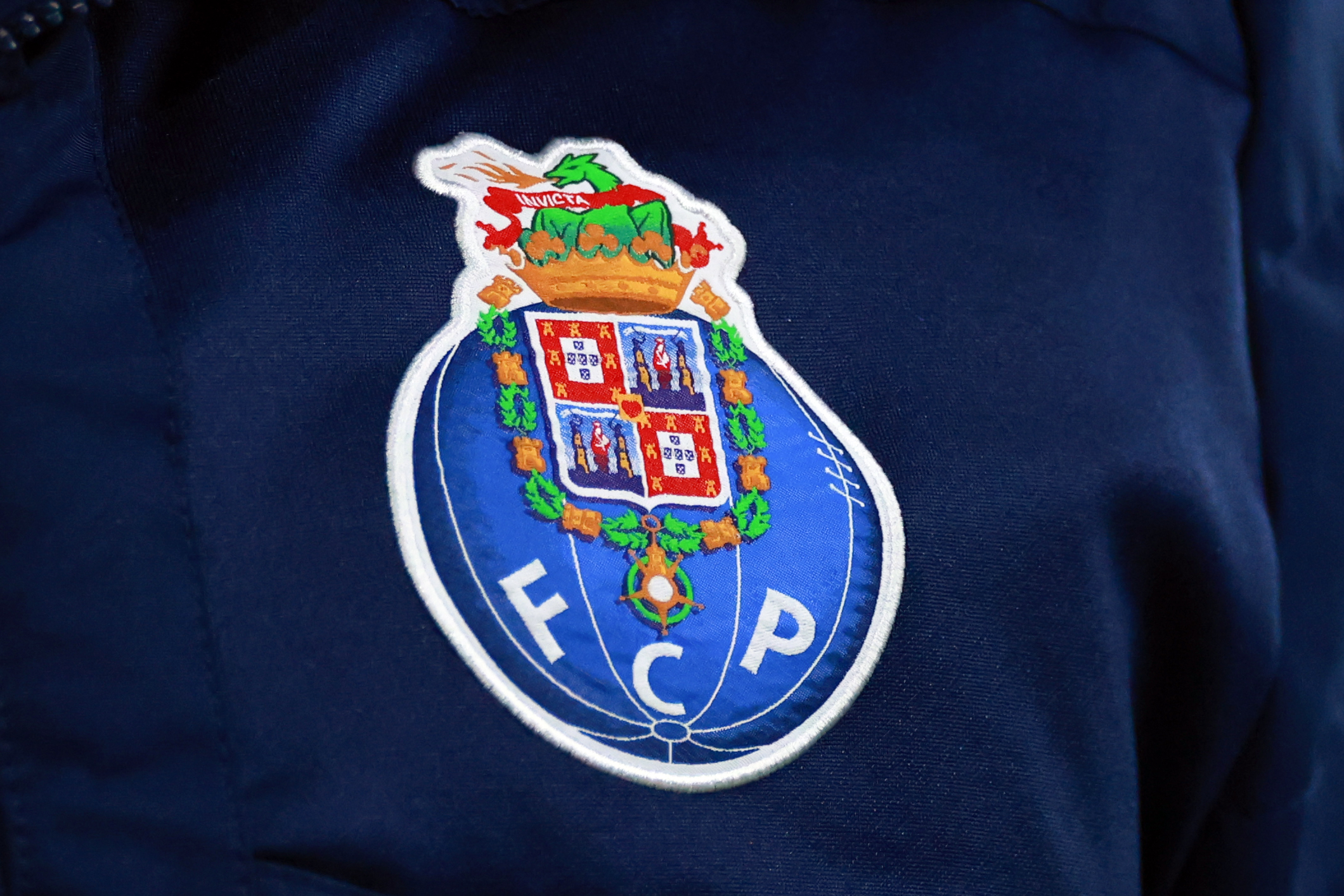Roman Abramovich suffered ‘suspected poisoning’ during peace talks in Ukraine

Roman Abramovich suffered suspected poisoning during attempts to aid peace talks in Ukraine, sources have told the PA news agency.
The Chelsea owner and at least two senior Ukrainian peace negotiators were said to have experienced symptoms of suspected poisoning, including red eyes, constant and painful tearing, and peeling skin on their faces and hands.
Abramovich suffered the symptoms after a meeting in Kyiv earlier this month, sources close to the situation said.

Russian-Israeli billionaire Abramovich and the others who fell ill have since recovered, with the 55-year-old Chelsea chief continuing his efforts for peace in Ukraine.
Abramovich is understood to have been working to help set up humanitarian corridors for the evacuation of Ukrainians, amid the Russian invasion.
The Chelsea owner has also been attempting to help bring representatives from other countries to the table for peace talks.
Abramovich, who put the Blues up for sale on March 2, was sanctioned by the Government on March 10, with Downing Street claiming to have proven his links to Vladimir Putin.
The best features, fun and footballing quizzes, straight to your inbox every week.
The Stamford Bridge club must operate under strict Government licence, with Abramovich unable to profit from Chelsea’s sale.

Downing Street must approve another new licence to authorise Chelsea’s eventual sale, with the money either frozen or distributed to charitable funds to aid victims of the war in Ukraine.
Abramovich has pledged to write off Chelsea’s £1.5billion debt, and the bidding frenzy for the club could see the eventual deal hit £3billion.
Chelsea’s sale has reached the point where four bidding consortiums have made a shortlist, drawn up by the Raine Group, the New York merchant bank overseeing the process.
 Join The Club
Join The Club





